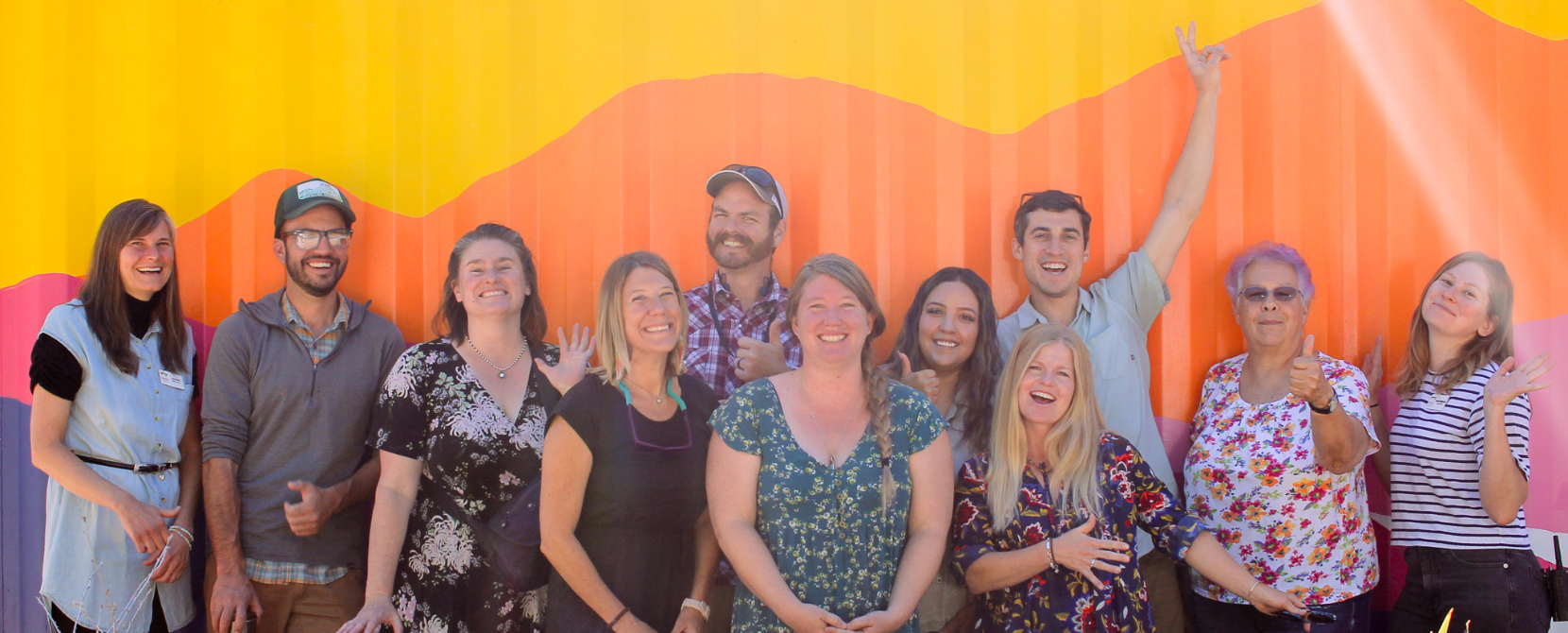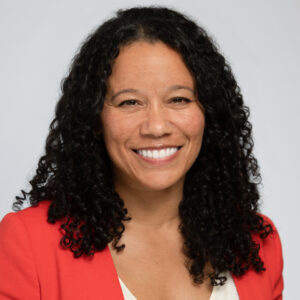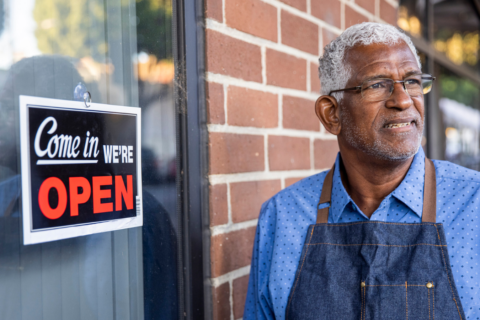Nestled in the southern San Juan Mountains, Durango, Colorado stands as a remote rural community, uniquely defined by the convergence of sandstone, high desert, rivers, and mountains. This picturesque city also boasts a thriving food industry. Amid this abundance, however, food insecurity casts a shadow over Black, Indigenous, People of Color (BIPOC), rural, senior, non-English speaking, and low to moderate income residents. Erin Jolley, Facilitator for La Plata’s Food Equity Coalition, spearheaded a series of community dialogues in 2022 to investigate the roots of these challenges. Her findings revealed that rectifying economic disparities was the most common need for marginalized residents to foster both food security and health parity.
Jolley teamed up with Economic Opportunity Manager for the City of Durango’s Community Development Department, Tommy Crosby, to harness the potential of food enterprises in cultivating health and economic well-being. Crosby was well aware of the hurdles new food businesses faced, often akin to “earning a master’s degree,” entailing a weeks-to months-long journey through intricate regulations and paperwork. Instead of reinventing the wheel, they set their sights on simplifying the experience and creating a stronger system of support.
The two joined the City Inclusive Entrepreneurship Network in November of 2022, and chose the Ecosystem Accelerator commitment to enhance their network of entrepreneurial support organizations (i.e., resource partners). They joined a cohort of fourteen other cities, led by program expert Third Eye Network, to better coordinate Durango’s network to accelerate goals of food businesses in BIPOC, rural, and other marginalized communities. Jolley’s Food Equity Coalition stepped in to be the network hub, with supporting organizations like La Plata/CSU County Extension, Southwest Colorado Small Business Development Center, San Juan Basin Public Health, First Southwest Community Fund, Manna Soup Kitchen, SCAPE, Pine River Shares, and Local First serving as spokes.
The Food Equity Coalition’s role not only fit nicely with the hub-and-spoke structure, but the model established a common language that resonated with Durango’s stakeholders. Crosby explains, “the elements were already there, the hub and spoke model simply helped bring everything together in an effective way.” Through CIE’s cohort approach, Durango was also able to borrow successful strategies from outside communities, addressing challenges like acquiring commissary kitchen space, a significant hurdle in the area.
“Everyone eats and everyone can relate to food. I think it’s one of the most powerful ways to bring people together.”
Tommy Crosby, Economic Opportunity Manager, Community Development Department, City of
Durango
Jolley and Crosby anticipate that this resource network will evolve into a reliable, long-term asset for food enterprises, with the potential to extend benefits to other industries. Crosby envisions both food and non-food ventures leveraging this ecosystem to expedite the transition from business concept to success. Jolley affirms, “Our focus is primarily on the systemic level. By fostering interconnected relationships, the network would endure even if one component were to change.”
With the network firmly established and growing, Jolley and Crosby are optimistic that food entrepreneurs will no longer need to reinvent the wheel for every business launch. Their goal is to establish numerous equitable pathways for food businesses, economic opportunity, food security and beyond.
How Durango is doing it:
- Created a Food Business Findings report that guides their endeavors (CIE funding supported printing, translation, and distribution to hundreds of businesses and community members)
- Completed Language Justice Training of 44 business service organizations and other service providers with tools to expand their impact within the immigrant community
- Orchestrated two Food Business Funding Resource Events (CIE funding supporting printing, translation, interpretation)
- Released a digital and printed business resource guide for over 30 entrepreneurial support organizations and commercial kitchens across the county (to be translated)
- Infused language justice and inclusive practices into West Slope Startup Week, a region-wide entrepreneur event
- Initiated a pilot program linking underserved entrepreneurs with essential kitchen facilities and mentorship to nurture their businesses; the first entrepreneur is a taco truck owner who recently opened her operation
- Partnered with Manna Soup Kitchen, a local food access organization with commercial kitchen space to allow budding food business entrepreneurs to utilize their commissary kitchen at no cost
Lessons Learned:
It’s okay to be small. Amidst the allure of the grand, it’s crucial to recognize that small enterprises also require substantial assistance. It’s perfectly acceptable for businesses to remain compact, with only one or two employees. Acknowledging this reality and providing the necessary support can foster their growth effectively.
Diversify engagement approaches. A diverse and multifaceted engagement approach leads to greater efficiency and effectiveness. By offering a range of avenues for involvement, you cater to a broader spectrum of entrepreneurial needs and preferences.
Let communities lead. Crosby admits that the beginning stages of the network’s formation were nebulous. Things began to solidify when they started seeking direct feedback from the communities they intended to work with. Rather than allowing spoke organizations to take the lead, tapping into the insights of the communities sparked momentum. The realization that solutions are embedded within the communities being served is pivotal. This blog is part of a series highlighting NLC’s City Inclusive Entrepreneurship (CIE) Network. Cities in the network have committed to implementing new policies, programs and practices that increase economic opportunity for residents through small business ownership and entrepreneurship. In November 2022, City Manager José Madrigal of Durango, CO, committed to establishing and/or enhancing a network of entrepreneurial resource partners to accelerate small business goal attainment.









